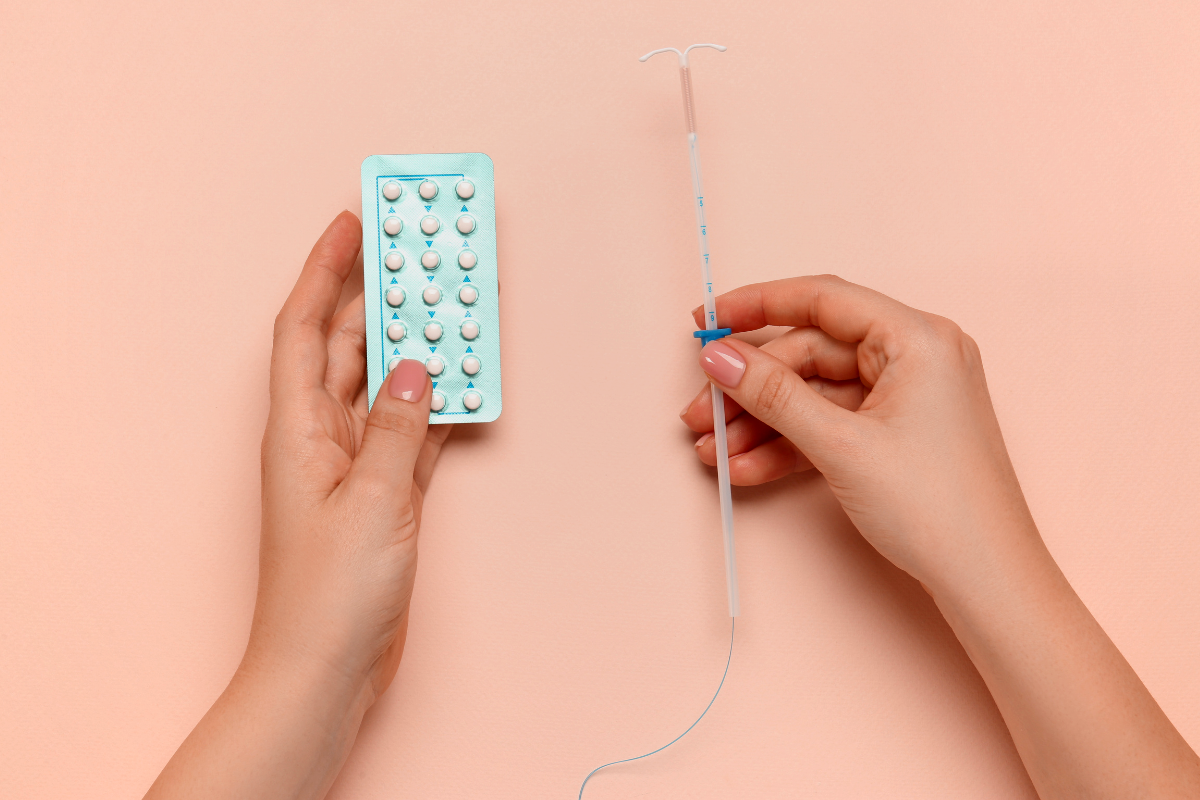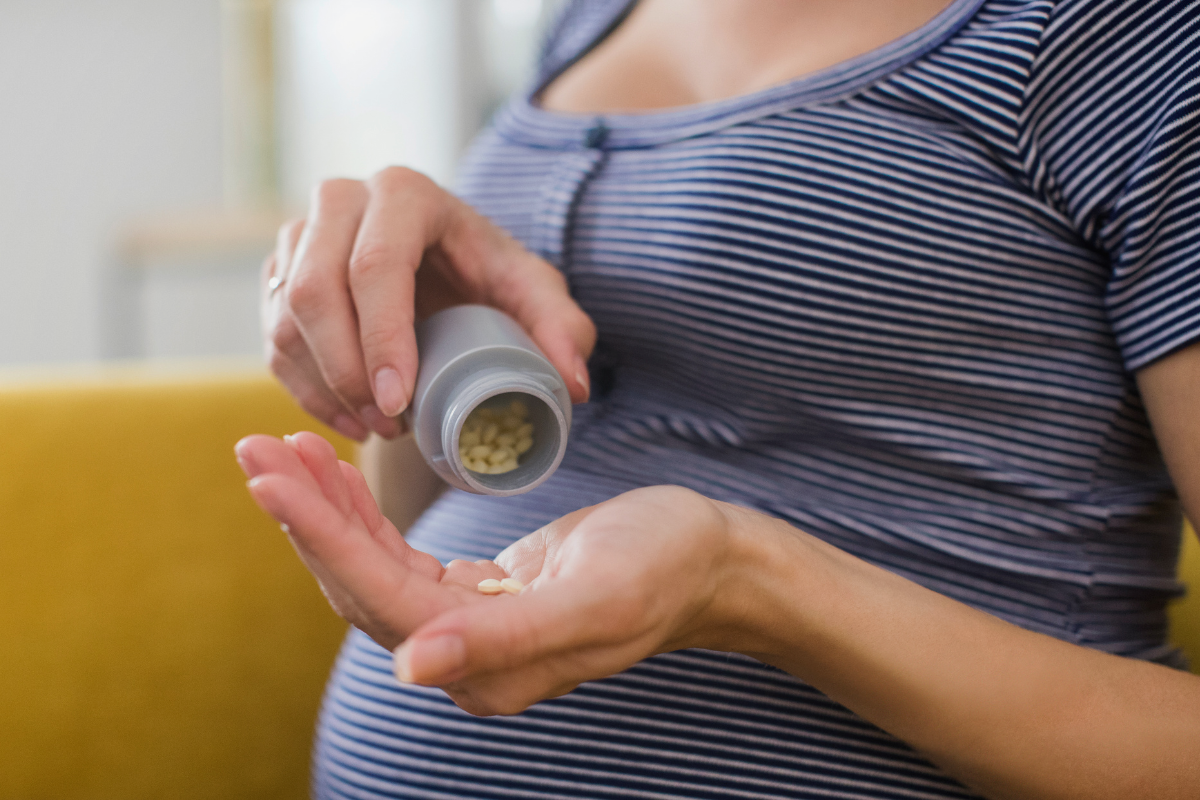What is the association between IVF and preeclampsia? I underwent IVF and had postpartum preeclampsia. My daughter and I are now healthy (she has just turned 3!), but I did not know about a possible correlation while I was pregnant or postpartum, and I wish I had been made aware and educated on the warning signs for preeclampsia, including in the postpartum period.
— Anonymous
Postpartum preeclampsia is a challenging experience, and I’m happy to hear that you and your daughter are both doing well. You are also absolutely correct that more awareness and education are needed around this topic.

Your question gets at an active area of research within reproductive medicine. Multiple studies have found that preeclampsia and other high blood pressure disorders in pregnancy are more common among IVF pregnancies. However, it is important to keep in mind that whenever there is an outcome or a condition that is more common among a group of people going through a specific procedure, it can be challenging to disentangle if that is due to having gone through the procedure (in this case, the steps involved in IVF) or if it is something about the specific group of people and whatever is causing them to need/want to use the procedure.
People are generally waiting until they are older to start trying to conceive. That trend plus the cost of IVF means that those who are able to go through IVF tend to be older, highly educated, and have higher incomes compared to people who do not use technologies like IVF, and all of those factors influence the risks for preeclampsia. The other thing to keep in mind is that one of the biggest risks of IVF is having multiples, and these types of pregnancies also have a higher risk for preeclampsia.
There is data to suggest that having an infertility diagnosis increases the risk for preeclampsia. In addition, it may be that IVF itself also increases the risk.
To study the impact of IVF specifically, researchers need to compare pregnancies conceived through IVF to those using other fertility treatments. In one high-quality study of 36,000 pregnancies, IVF pregnancies were compared with those achieved through another fertility treatment (ovulation induction) and with pregnancies without fertility treatments. Pregnancies achieved through IVF were almost three times as likely to be complicated by preeclampsia; those with ovulation induction were not at a greater risk.
A more recent study suggests that IVF pregnancies achieved with frozen embryos are more likely to be complicated by preeclampsia than other IVF cycles. Overall, this evidence points to the possibility that the IVF procedure may contribute to preeclampsia risk.
As I mentioned, this is still an active area of research, and I know of at least one large ongoing clinical trial that is working on this. None of this is to say that there aren’t reasons or circumstances that would make your physician recommend a specific embryo transfer protocol over the other, and there are challenges associated with doing embryo transfer cycles where ovulation occurs. If you end up trying for another pregnancy, this is absolutely something worth discussing at your next appointment.
Community Guidelines












Log in